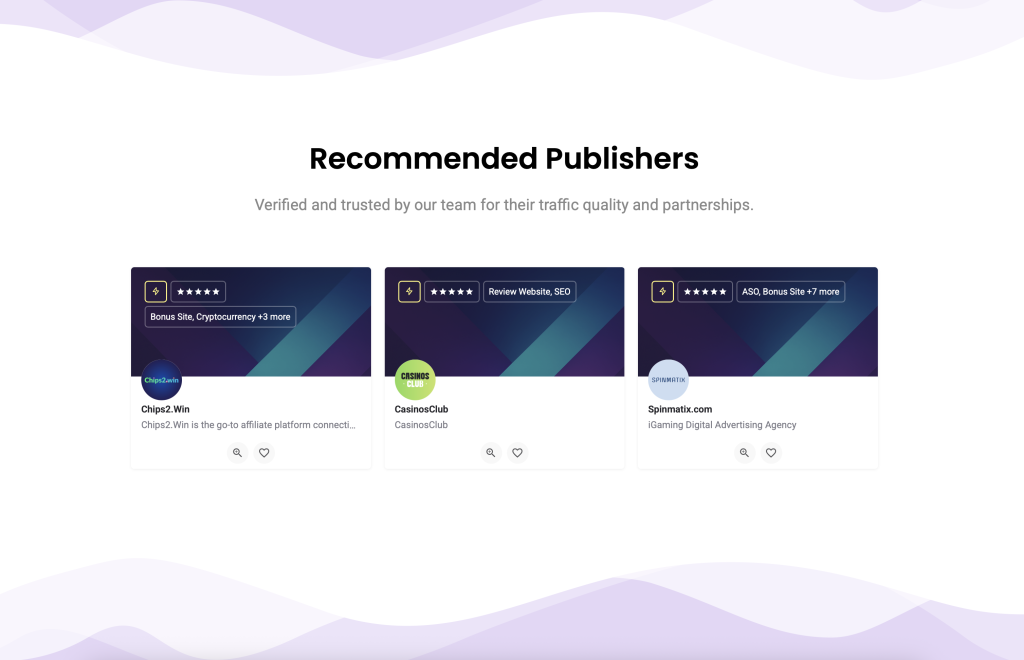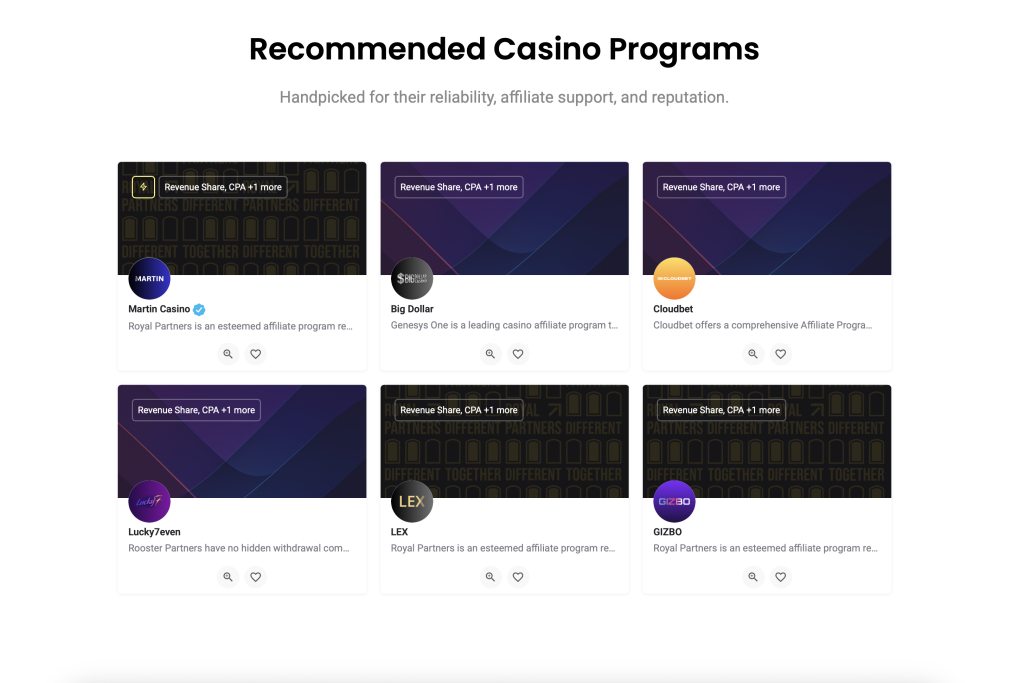Must-Try Marketing Strategies for iGaming Success in 2025

The iGaming industry continues to evolve rapidly, with new trends shaping how brands engage players and drive revenue. As competition intensifies, staying ahead requires innovative marketing strategies that maximize conversions, enhance player engagement, and build long-term loyalty. In 2025, the key to success lies in leveraging technology, personalization, and data-driven insights. Here are 12 must-try marketing strategies that will define iGaming success this year.
1. Hyper-Personalization Using AI and Data Analytics
Personalization is no longer a luxury—it’s an expectation. AI-powered data analysis allows iGaming platforms to tailor user experiences based on individual player behavior. Custom promotions, game recommendations, and dynamic offers increase player retention and engagement.
2. Omnichannel Marketing for Seamless User Experience
Players engage with brands across multiple channels—mobile, desktop, social media, and even physical betting locations. Creating a seamless marketing experience across all platforms ensures consistent messaging and enhances brand trust.
3. Gamification to Increase Engagement
Implementing gamification features like leaderboards, challenges, and reward programs can boost user engagement and encourage longer play sessions. Players are more likely to return when they feel a sense of achievement and progress.
4. Influencer and Affiliate Partnerships
The rise of gaming influencers has changed the marketing landscape. Collaborating with streamers, YouTubers, and iGaming influencers helps brands tap into engaged audiences and build credibility. Likewise, strengthening affiliate partnerships through transparent tracking and fair commission structures enhances brand reach.
5. AI-Powered Chatbots and Customer Support
Fast, efficient customer service is critical in iGaming. AI-driven chatbots provide instant support, answer FAQs, and guide users through deposits and withdrawals. Enhancing customer support leads to higher retention rates and player satisfaction.
6. Mobile-First Marketing and App Optimization
With mobile gaming outpacing desktop usage, iGaming brands must optimize their mobile experience. A responsive website, app notifications, and mobile-exclusive promotions ensure that brands capture the growing mobile audience.
7. Blockchain for Secure and Transparent Transactions
Players value security and fairness. Blockchain technology allows casinos to offer transparent, provably fair games and secure payments, increasing trust and attracting crypto-friendly players.
8. Localized Marketing for Emerging Markets
Global expansion requires localized marketing strategies. Adapting language, payment methods, and promotions to specific regions—such as Latin America or Asia—enhances brand relevance and player engagement.
9. VR and AR for Immersive Gaming Experiences
Virtual and Augmented Reality (VR/AR) technologies are reshaping the iGaming experience. Offering immersive environments and interactive gaming can set brands apart in a competitive market.
10. Responsible Gambling Initiatives
Players are more conscious of responsible gambling practices. Implementing self-exclusion tools, deposit limits, and AI-driven risk detection builds player trust and aligns with regulatory requirements.
11. Social Media and Community Engagement
Social media remains a powerful tool for iGaming brands. Engaging with players through live streams, community forums, and exclusive promotions fosters brand loyalty and drives organic traffic.
12. Real-Time Performance Tracking and Data Insights
Leveraging real-time data tracking allows brands to analyze campaign performance and optimize marketing strategies. iGaming platforms that invest in predictive analytics gain a competitive advantage in player retention and revenue growth.
Final Thoughts
Marketing in iGaming is no longer about simple advertising—it’s about creating engaging, seamless, and transparent player experiences. By integrating AI, blockchain, gamification, and omnichannel marketing, brands can stay ahead of the competition in 2025.


